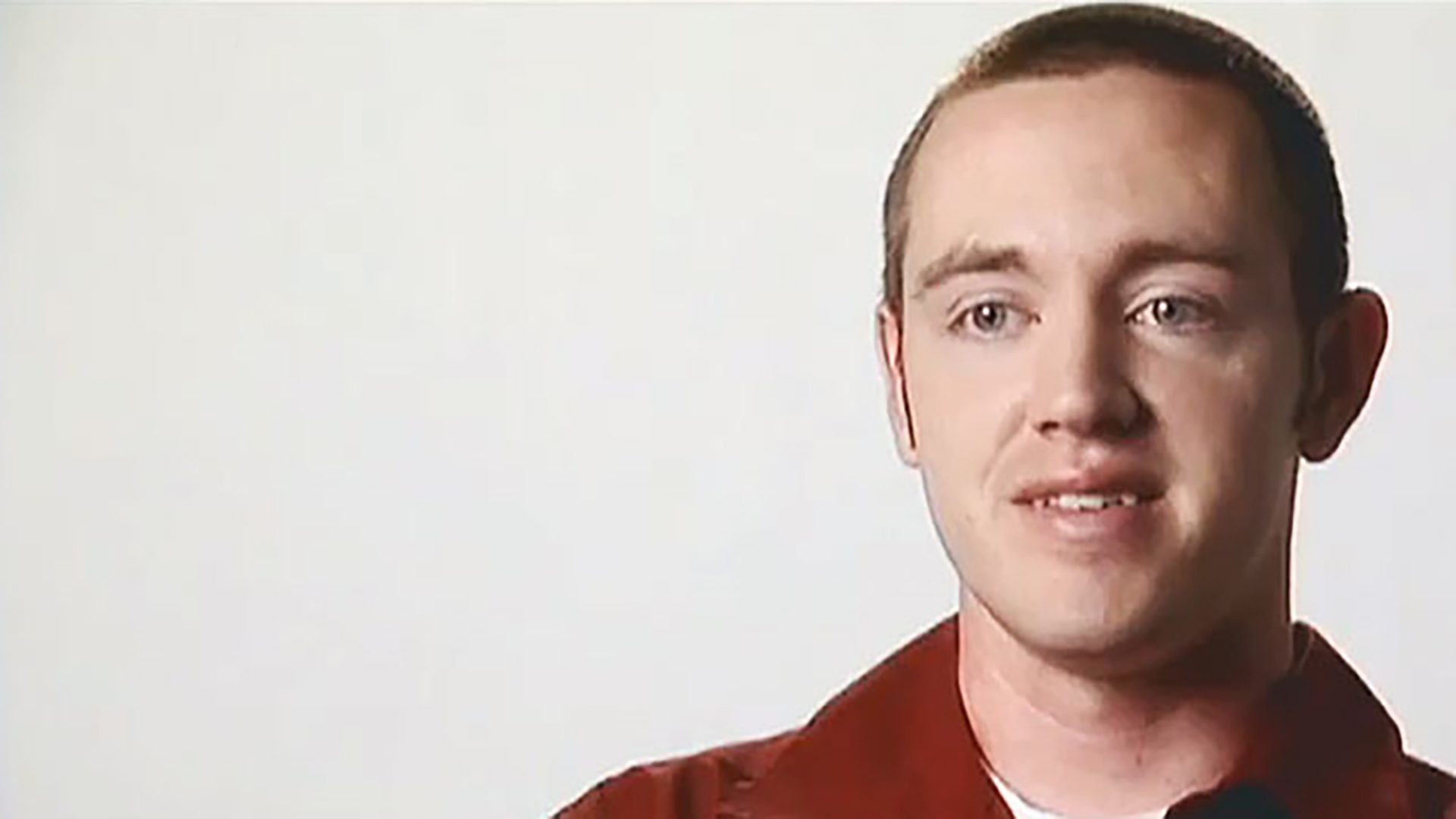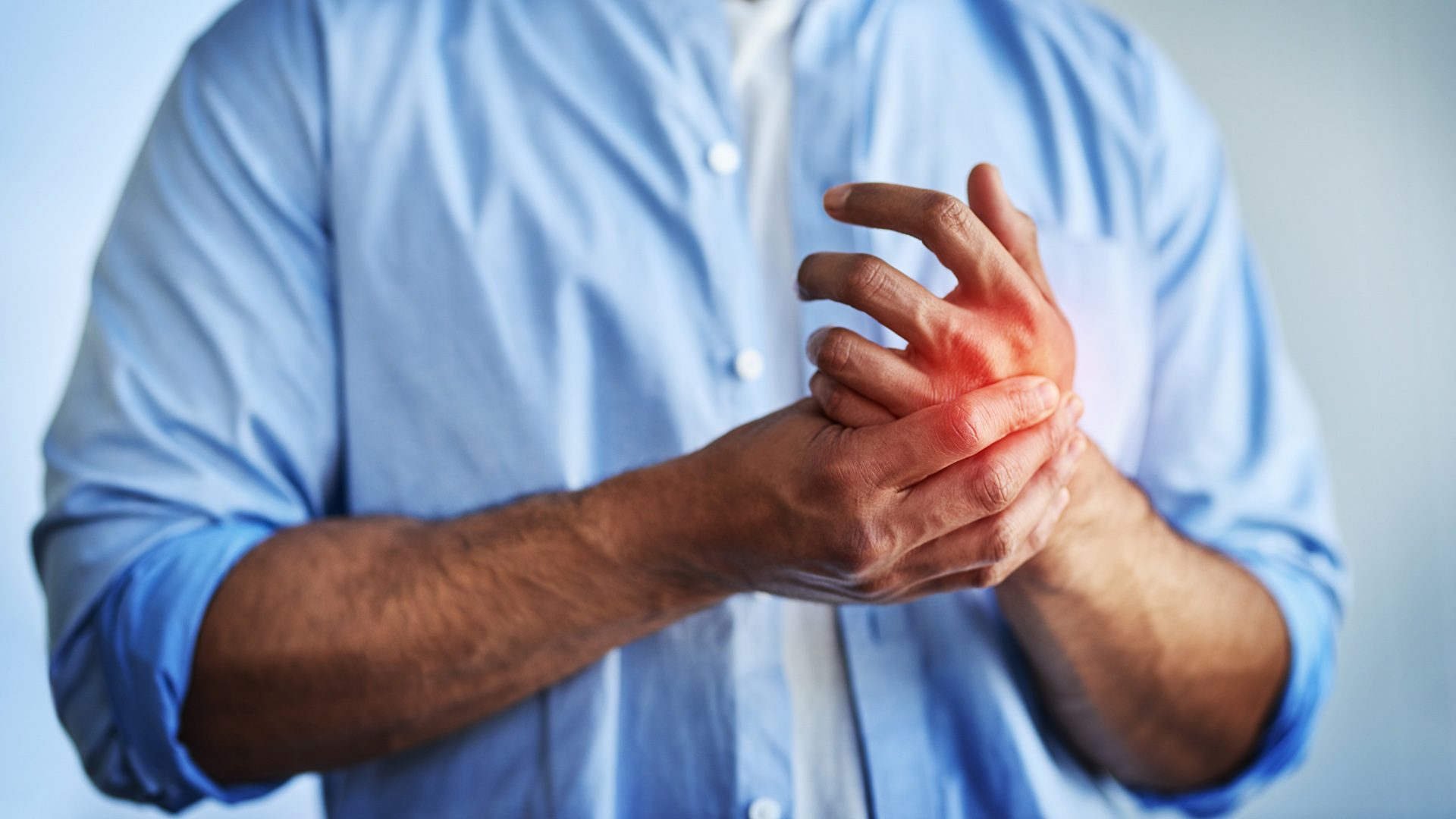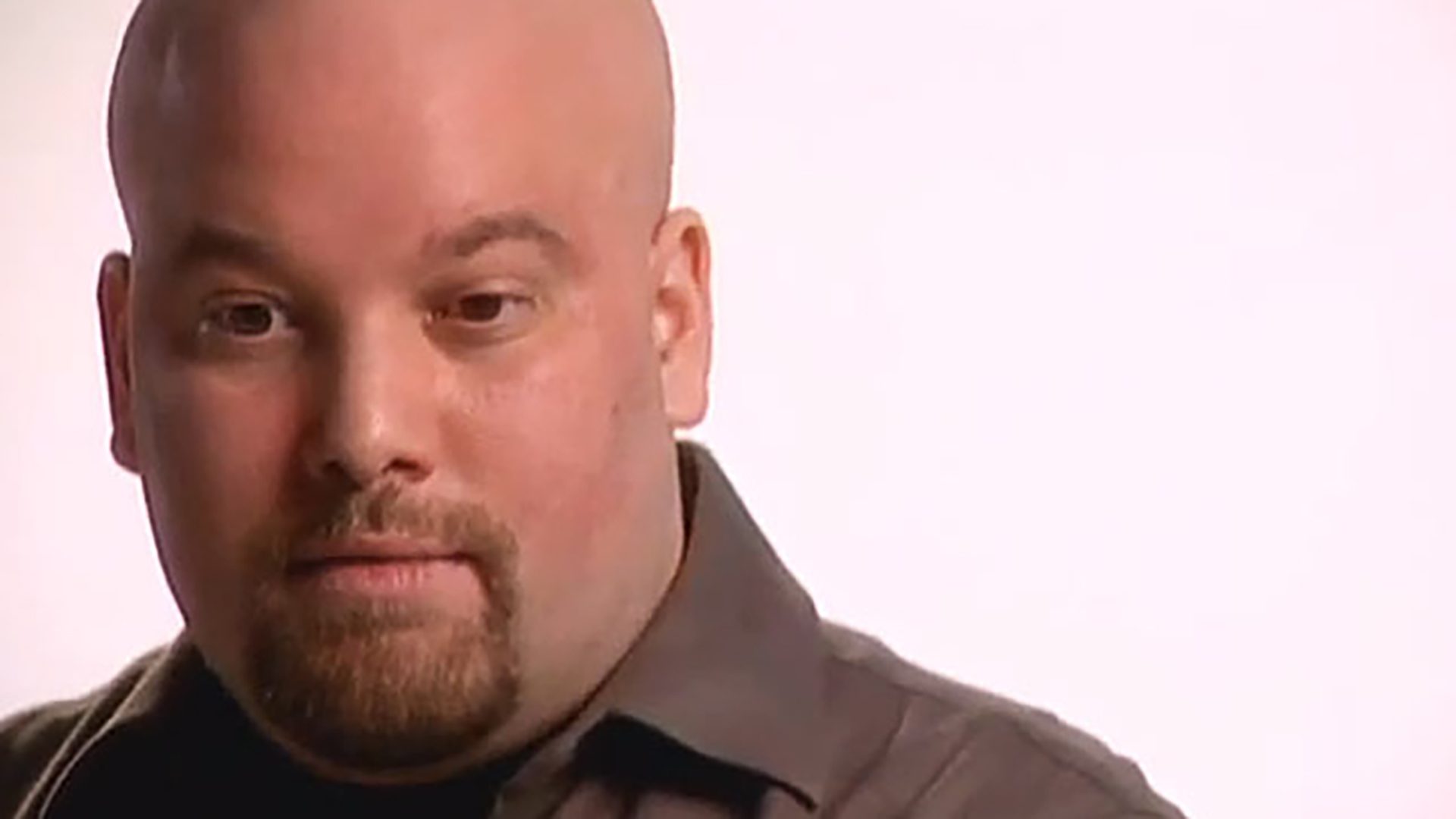Survivor Interview – Curtis B
Curtis is an acute myeloid leukemia survivor. He discusses fertility, communication with his health care team, and facing employment challenges.

I did a week of straight drip treatments, and then I was in the hospital recuperating for a month. Since I’ve been out, I did a couple of treatments at home. Now I go once a month to an oncology clinic, I see the doctor twice a month, and during the second visit of the month, I’m given an IV drip for a couple of hours. Then I go home and recuperate for a few days. I am still undergoing chemo. It is a plan where I go once a month for a year-and-a-half.
To other survivors, I would have to say: Never keep anything from your doctor. If you’re experiencing pain, discomfort, a strange symptom, don’t just assume it’s supposed to be that way and not mention it. Tell your doctor. They’re there to help you. Their whole job is to make you better. If you keep something from them it could hurt your treatment and might end up coming back to haunt you in the future. Just let them know. If you feel discomfort, tell them. If you feel pain, tell them. It may be something that’s not supposed to happen, or it may not be anything at all. Just let them know. Even if you’re afraid the doctor will laugh, say it. They’re your doctor. They need to know what’s going on with you. The symptom you’re experiencing may not be normal to people with your cancer, and they need to know. What you’re going through may be perfectly normal. Talking to your doctor will make you feel better.
The fertility issue is very important to me because I’m young. It wasn’t something that I had thought about before. Suddenly, I had to sit down, years before I planned to have kids and think about it. Can I have kids? It’s another one of those things that’s hard to ask your doctor about, especially when you’re not married. I felt uncomfortable at first. It made me very worried, because I always thought I’d have a family someday. It scared me to think that I might not be able to. But once I did talk to my doctor, I felt much better. I found out that I still have options open to me. I had some fertility tests done to find out if I could still have kids, and I can. At this point, I can still have my sperm frozen. Now the biggest thing is finding a way to pay for it. It’s not a cheap procedure and very rarely can you get insurance to cover the cost, because they don’t consider it a necessity, but it is something that directly impacts your life later.
I’m covered by my parents’ health insurance until the age of 25, as long as I’m not working full time, am not married, or past the age of 25. Once any of these occurs, I lose the coverage, which is tough, because having just graduated, I’m looking for work. If I take a full-time position, I have to start getting benefits from that job. I would lose my parents’ insurance plan, so that’s tough. Every time I look for a job, I have to keep in mind that if it’s full-time, I have to have decent health insurance. If I take a full-time job and they do give me benefits, the insurance may not be as good as I had.
A prospective employer can’t ask me about my health, unless the duties performed depend on my health or the position itself adversely affects my health. They can’t ask, and it’s in my best interest not to tell them. I can say that I was sick for a while to explain gaps in my employment history, but if I were to say I had cancer or am currently undergoing cancer treatments, there’s always the chance that an employer would not want to hire me because they’re worried about insurance premiums. Or they might think: “Is he going to be sick all the time? Will he constantly call in? Is he going to be irritable? Can he perform the duties of the position?” So, I try not to tell anybody.
Everything in my life has changed since becoming a cancer survivor. I wake up in the morning, and it’s another day that I wasn’t going to have. I just had a birthday. I turned 23. To me, it was special, even though 23 isn’t a milestone. To me, it was another year alive. It’s just all the little things. It just makes me think about things more. Things that I might have taken for granted, I think about. I even pay more attention to things I didn’t think would affect me, because I know that even if doesn’t affect me, it might affect someone who went through the same kind of illness that I have.
I didn’t go out looking for other people who had cancer, but my girlfriend’s involvement with the Lance Armstrong Foundation really opened my eyes to the groups of people out there working for cancer survivors. Even if I didn’t need a shoulder to cry on, knowing there is an organization out there to help people through cancer and their survival makes me feel better and makes me want to lend a hand. There’s somebody who could be going through the same disease I had and needs help more than I did. If I can give that to them, it makes me feel good. I’m trying to get involved.
Aside from a little cancer, I was perfectly healthy. I didn’t have any other illnesses. I was 22 years old, and about to be a senior in college, how could this happen? Why me? It was tough at first. It was especially hard, because I kept a smile for everybody else. I knew as bad as it was for me, and it was just as bad for my family. That hurt, too, knowing that there wasn’t anything I could do except smile and act like everything was all right. I didn’t want my family to fall apart because I was sick. It was tough, because I knew I had to stay positive. If I could be positive for them, it was going to pay off for me. It was definitely making that jump to say emotionally I would get through this, no matter what cancer threw me, I would get past it. It just made everything better.
Physically, I had to deal with getting back into shape during my treatment. Before cancer, I was athletic. I did sports in high school and loved to camp and be outdoors. I lost about fifty pounds when I was in the hospital for a month. When I got out, none of my clothes fit, and I realized I needed to get back to where I was before. I started eating and ended up putting on the weight I’d lost in the hospital and exceeding it by twenty pounds. Now I’m trying to lose the weight. It’s very hard because once a month, I get sick from my chemo treatments, and the last thing I want to do during that time is workout.
When I can exercise, I definitely feel a little better. Even if it doesn’t help with the direct symptoms of the chemo, it makes me feel like I’m doing something to stay healthy. With working out, I may feel crappy today, but I have to do something. At least I have to stop myself from munching on snacks all day, even if I don’t have the energy to get up and go swimming or jogging.
Suddenly, the treatment didn’t seem that bad. Every time I started to cry or think, why me? What did I do to deserve this? I thought of all the other people with cancer. I have it bad, but I could have it worse. I’m glad it happened to me and not somebody who may not have had a strong enough body or the will to get over it.
Emotionally, the toughest thing to deal with was smiling and remembering that things could be much worse. You can’t dwell on how much better things could be. You have to make them better and say to yourself, it doesn’t matter. I will get through this. I will get up, sit in the window, look outside, and say, I will be out there soon.
The more you think about how hard it is for you, the harder it gets. You have to keep a positive attitude about things, because it makes everything better. It makes the people who are around you happier, which in turn will make you feel better. If you can keep a smile on your face when the doctors come in, it’ll just make the entire experience better for you.
My name is Curtis Bahr, I’m 23 years old, and I’m acute myeloid leukemia survivor.

